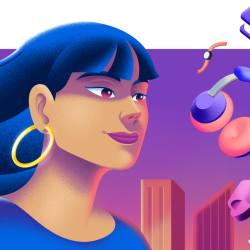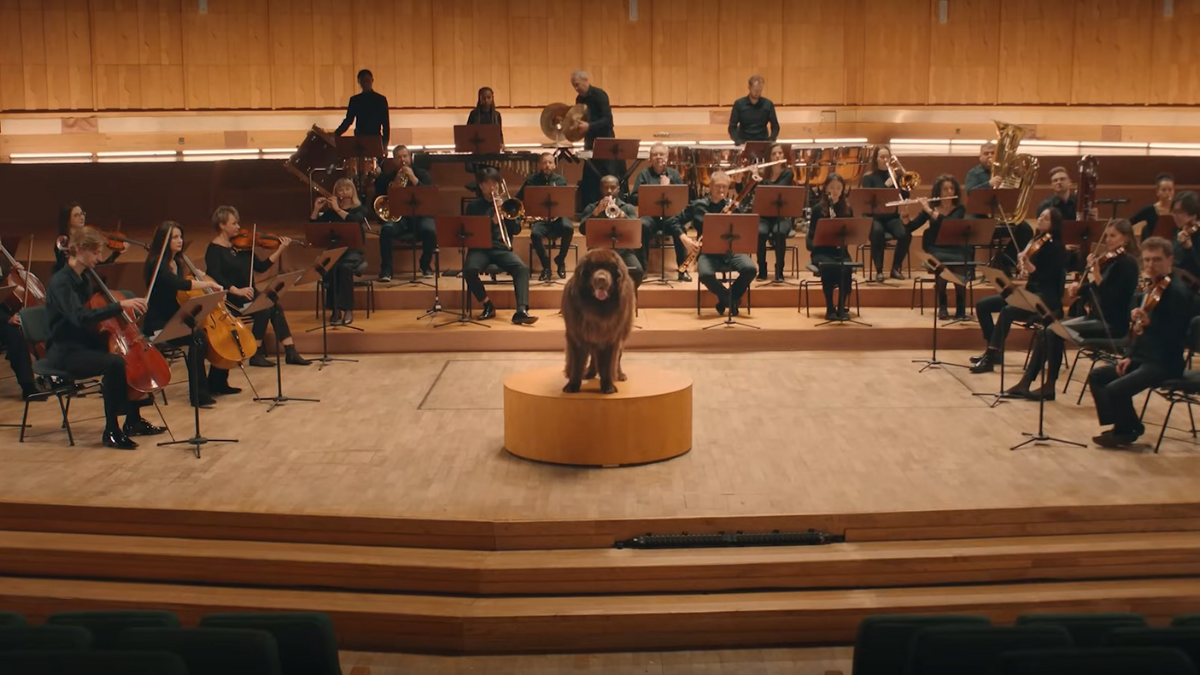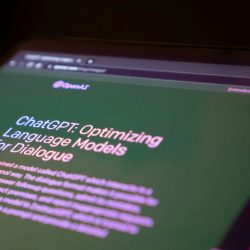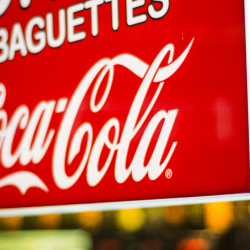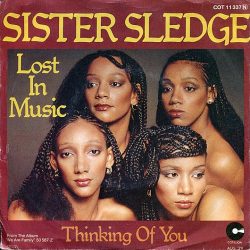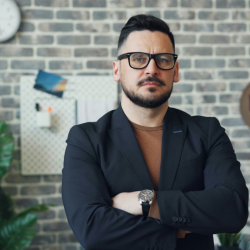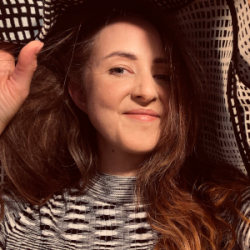
In a special episode for the Rebel With A Cause series Opal Turner talked to artist-turned-coach, Louisa Shaeri. Louisa used her own experiences as an autistic creative, her artwork and then neuroscientific research to form The SOLA System, a coaching method for neurodivergent creatives. If this interview was printed, you’d find half of it highlighted. We hope it will be as useful for some of you as it was for Opal, tears included. Louisa guides us through so much: from that sweet over-indexing of neurodivergent folk in the creative industries to pretending that ‘good science’ equals objectivity, psychological safety as the necessary grounds for creativity as well as strategy, and the burnout epidemic. Plus other soul soothing titbits.
Fact check: we couldn’t find the specific stat Louisa references on the levels of ND students on creative courses. However, The British Interactive Marketing Association BIMA Tech Inclusion and Diversity Reportvii showed that 20% of respondents self-identified as neurodivergent, this is a 50% over-representation compared with the general population. The report also identified that people with autism were 16 times over-represented in the interactive marketing sector. By contrast, ND people are under-represented in the employed labour force.
Useful links
Find out more about The SOLA System.
Take the Gallup Strengthsfinder.
Explore the binary further, in this delightful podcast with Isabelle Bale.
Jem’s work on circus skills creates a space that is not about getting it right.
Visit Laurie’s neuro-queer network.
Finally, since it is Pride Month, this is your regular reminder to give that £££. We encourage you to give to the disabled LGBTQIA+ folk, who are often excluded from so much of this month’s joy, and to our Trans siblings rights, safety, freedom and joy.
Quotes from the pod
“What is key for anyone who experiences any kind of marginalisation, particularly for those who are processing and perceiving differently and haven’t had that acknowledged and affirmed, is really creating a space of safety.”
“The foundation of safety is what means we can access creativity and the strategic parts of our brains. Those skill-sets are so much harder to access when we are worried about our job or when we think we are going to fail a client.”
“So burnout is your body has something to say. I think what a lot of people experience ‘ If I listen to it that means I’m going to have to acknowledge I can’t do any of this’ and what we do is project that into the future and think that we’ll never be able to do it.”
“So much of what neurodivergent people experience is that the given paths didn’t work and they’re looking for how. What I bring them to is that we don’t need to know how. We just need to know what and why and let the why fuel the fact we’re going to have to try a bunch of different stuff.”

